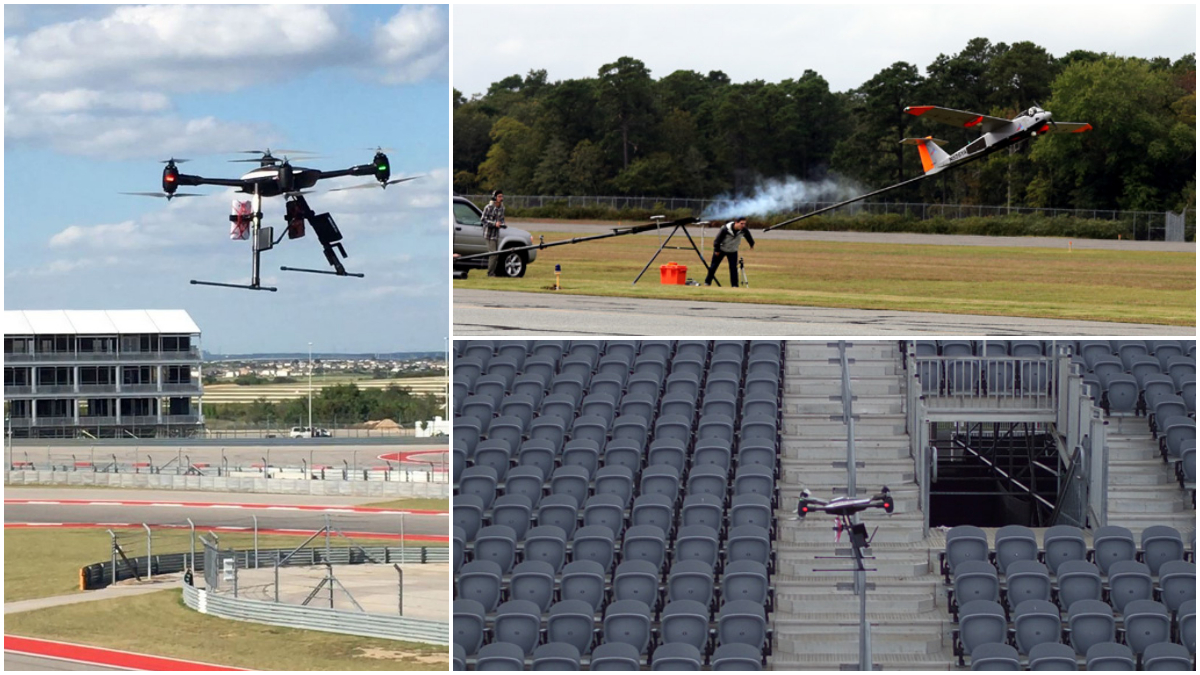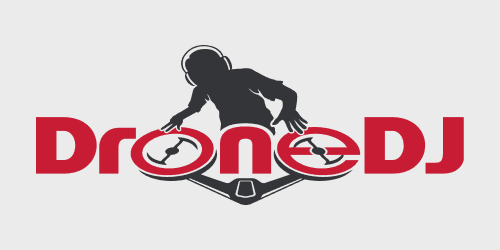
Verizon has become the first corporate drone program in the US to receive the International Standards for Business Aircraft Operations (IS-BAO) registration. The registration certificate comes after a six-month-long voluntary and detailed audit of Verizon’s drone operations, governance, and safety standards.
Administered by the International Business Aviation Council (IBAC), the fundamental purpose of IS-BAO is to foster standardized, safe, and highly professional aircraft operations. The independent audit not only validates that Verizon is following exemplary levels of safety and governance in its drone operations but also eases the pathway to expand future missions into more complex areas, such as flights beyond visual line of sight.
Dustin Schocken, head of Verizon Drone Use and Compliance division, points out:
This achievement demonstrates that Verizon is truly operating above and beyond the current legal standards for commercial drone operations and that we are deploying drones to the same high standards as traditional commercial aviation.
Read: Cincinnati men charged for illegally flying drones over Reds, Bengals games
But how exactly is Verizon using drones? The communication technology company started leveraging drones in 2017 to support its network. Today, drones are utilized across several business areas to get work done more quickly and safely.
Verizon says it has conducted more than 17,000 drone flights to date, totaling over 4,000 flight hours. The company’s aircraft fly in every season to perform network testing and performance monitoring. They collect imaging in conjunction with software that creates 3D models of the infrastructure, enabling more efficient network deployment upgrades and asset inspection.
Basically, instead of having an engineer climb a tower or a rooftop, crews can use a drone to perform infrastructure inspections. Additionally, Verizon also uses its drones to help with network restoration when natural disasters strike.
According to IS-BAO program director Andrew Karas:
The Verizon team worked hard for this accomplishment and provided valuable input to IBAC for remotely piloted aircraft system (RPAS) safety standards development, similar to our manned operator standards, and reflect efforts made for the industry, and by the industry.
Read: Hurricane Fiona drone video: What a Category 4 storm looks like from the inside
FTC: We use income earning auto affiliate links. More.





Comments